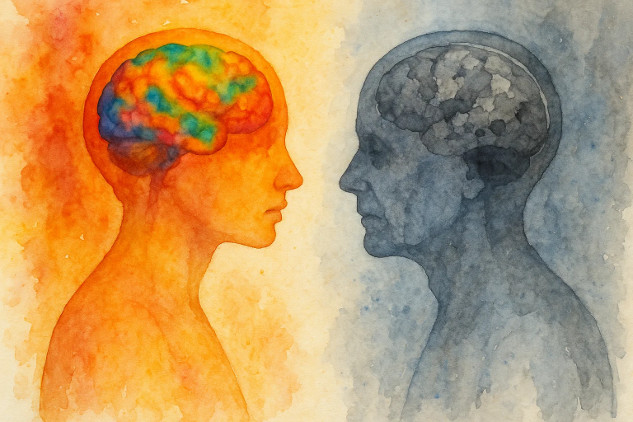
In This Article
- What is the "social brain" and why does it matter?
- How does frontotemporal dementia attack empathy and morality?
- Real patient stories that reveal the social brain’s role in behavior
- Can legal systems account for neurodegenerative loss of free will?
- How can we protect and nourish our own social brain?
🔓
Continue Reading — Free Membership
InnerSelf is a community of real people — not bots, not algorithms.
Register free to read this article and access our full 25,000-article archive.
No credit card. No spam. Just InnerSelf.
